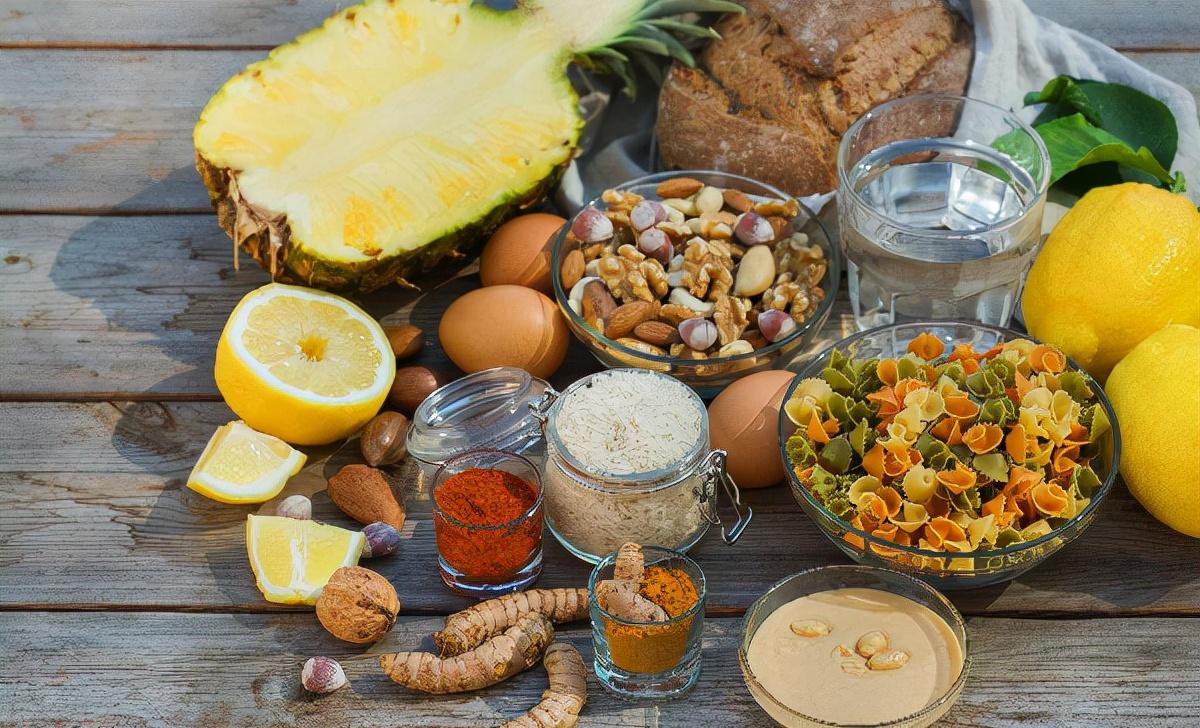
Figure Source/Oriental IC
During the cold dew season, the dew is heavy and thick, thick and will condense, and in half a month, it will condense into frost. After the cold dew, the weather is really going to turn cold. Xie Yinling, deputy chief physician of the Department of Geriatrics, Yueyang Hospital of Integrated Traditional Chinese and Western Medicine affiliated to Shanghai University of Traditional Chinese Medicine, reminded the public: "White is not exposed, cold feet are not exposed." "After entering the cold dew, you can no longer "freeze in autumn", and the temperature will drop lower at night, so you must pay attention to keeping your feet warm.
During the cold dew season, the sunshine time is relatively reduced, and the unique killing atmosphere in autumn is easy to make people sad, and they can go out to play together and adjust their mood appropriately. Cold dew often meets with China's traditional festival Chongyang Festival, and ascending to enjoy the scenery is also one of the traditions of Chongyang Festival, but Chinese medicine believes that the elderly have degenerative joint lesions and are not suitable for ascending. The elderly should protect the knee joint when going out, do not exercise excessively, pay attention to keep warm when it is cold, and wear knee pads if necessary.
Autumn is the season of hairy crabs and persimmons, although persimmons are delicious, but do not eat on an empty stomach; when eating, it is best not to exceed 100 grams at a time; people with diabetes, chronic gastritis, emptying delay, indigestion and other low stomach function should not be eaten.
Persimmons are high in sugar, and contain pectin, after eating persimmons, there is always a part left in the mouth, especially between the teeth, plus weak acidic tannic acid, it is easy to cause erosion to the teeth, so after eating persimmons should rinse the mouth in time. Chinese medicine believes that crabs and persimmons are cold foods, so they cannot be eaten together. From the perspective of modern medicine, crabs, fish and shrimp containing high protein are easily coagulated into stomach persimmon stones under the action of tannic acid. Cold dew solar terms is the peak of chronic gastritis and duodenal ulcer disease recurrence, digestive system disease patients should eat mildly, eat less spicy, irritating and cold food, eat more fresh fruits and vegetables, drink more water.
Ma Li, deputy chief physician of the Nutrition Department of Yueyang Hospital, also sent a seasonal health dish of cold dew to the public - chestnut cabbage
raw material:
200 grams of chestnuts, 500 grams of cabbage, 10 grams of starch, 3 grams of salt, 5 grams of sesame oil, 3 grams of sugar, 20 grams of cooking wine, half a bowl of broth, 1 spoonful of lard.
Preparation Method:
1. Wash the chestnuts, make a row of mouths, put them in a pot and cook them, then shell them and set aside;
2. Wash the cabbage and cut it vertically, blanch the water to make soft, drain it, and put it on the plate for later;
3. Heat the lard in a wok, then sauté the green onion and ginger until fragrant, add the broth, cooking wine, salt and sugar to a boil, add chestnuts and simmer until cooked;
4. Finally, dilute with starch, pour on the cabbage and drizzle with sesame oil.
efficacy:
Autumn is the season of chestnut ripening, its sweet and warm taste, into the spleen, stomach, kidney meridians, with stomach and spleen, kidney strengthening, blood and hemostasis effect. From the perspective of nutritional value, chestnuts are rich in nutrients, sweet and sticky in taste, rich in vitamin C, carotene, B vitamins, potassium and other nutrients, known as the "king of dried fruits". Chestnut cabbage is a delicious, nutritious dish, it should be reminded that diabetics eat chestnuts to subtract some of the staple food according to the amount of consumption.
Xinmin Evening News reporter Zuo Yan